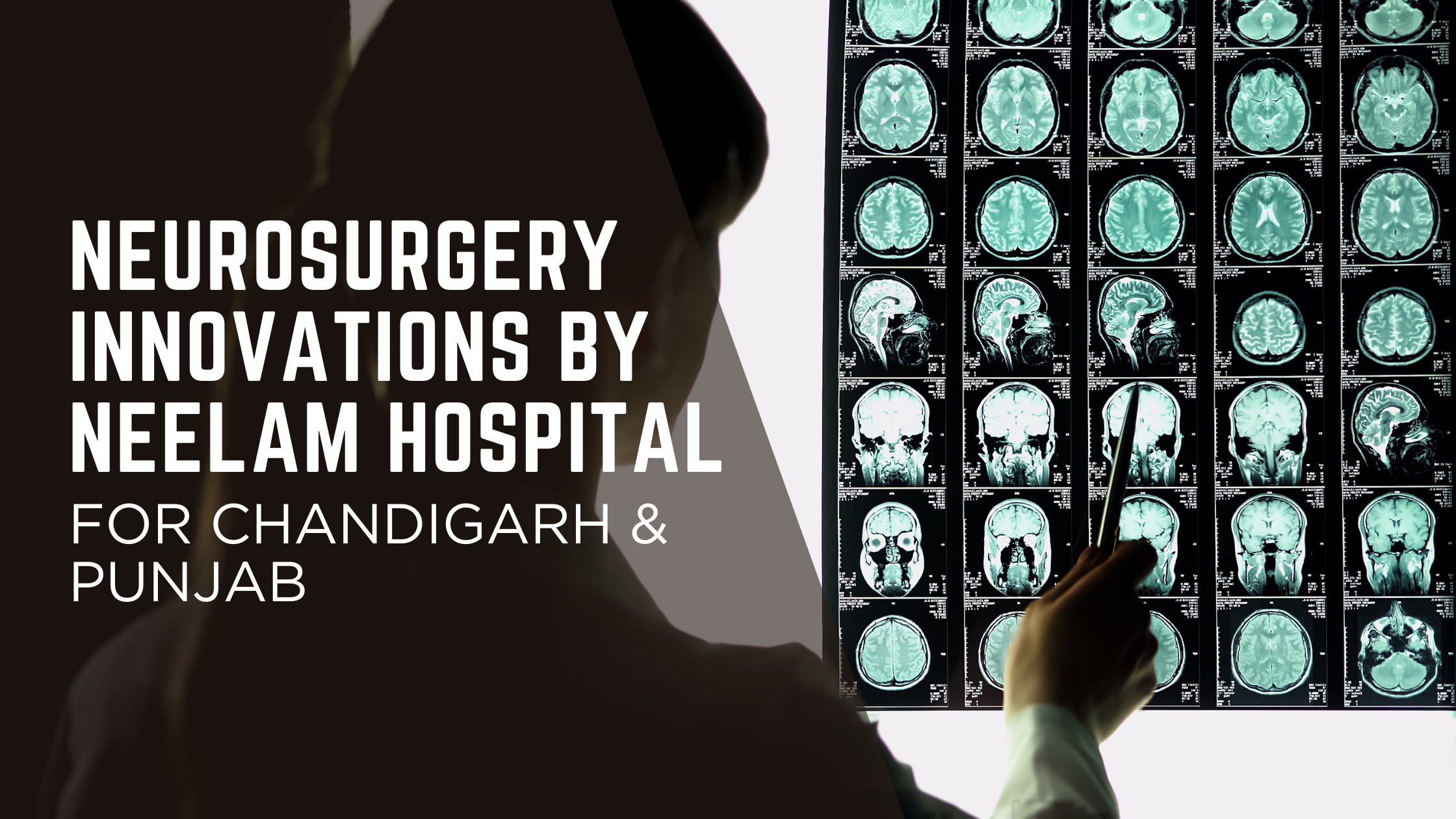Introduction
Neurological disorders affect the brain, spinal cord, and nerves, making them some of the most complex health conditions. Seeking prompt neurological care is crucial to improving outcomes and preventing permanent damage. This article explores why timely neurological care is vital and how it can make a significant difference for patients.
Why Timely Neurological Care Matters
The earlier a neurological issue is detected and treated, the better the chances of managing it effectively. Here’s why seeking neurological care promptly is so important:
- Preventing Disease Progression
Many neurological disorders, such as multiple sclerosis and Alzheimer's disease, can worsen over time. Early intervention in neurological care can slow or stop disease progression, ensuring patients maintain a good quality of life for longer periods.
- Improving Recovery Outcomes
Neurological conditions like stroke or spinal cord injuries require immediate neurological care to minimize lasting effects. Early diagnosis and intervention enhance the chances of recovery and reduce complications.
- Minimizing Permanent Damage
Some neurological disorders, including brain tumors or severe epilepsy, can cause irreversible damage if not addressed promptly. Timely neurological care can reduce the risk of permanent disability, allowing for better long-term outcomes.
Common Neurological Disorders Requiring Early Care
Several neurological conditions benefit greatly from early intervention. Here are some disorders where prompt neurological care is particularly important:
1. Stroke
Stroke occurs when blood flow to the brain is interrupted, leading to potential brain damage. Early neurological care significantly improves survival rates and recovery by limiting damage to brain tissue.
2. Parkinson’s Disease
Parkinson’s is a degenerative neurological disorder that affects motor skills. Timely neurological care through medication and therapy can help manage symptoms and slow disease progression.
3. Epilepsy
Epilepsy is characterized by recurrent seizures. With early neurological care, individuals can better manage their seizures and improve their quality of life.
4. Migraine and Chronic Headaches
Migraines can lead to long-term consequences if untreated. Recognizing triggers and seeking timely neurological care helps reduce the severity and frequency of attacks.
5. Multiple Sclerosis (MS)
MS is an autoimmune condition that affects the central nervous system. Early neurological care is essential to managing symptoms and slowing disease progression.
Signs That You Need Neurological Care
It’s crucial to recognize the symptoms that indicate a need for neurological care. Here are a few signs to watch for:
- Sudden weakness or numbness, especially on one side of the body.
- Severe headaches accompanied by nausea or vomiting.
- Memory loss or difficulty focusing.
- Unexplained tremors or balance issues.
- Sudden changes in vision.
If you experience any of these symptoms, it’s important to seek neurological care immediately.
Benefits of Early Neurological Care
There are numerous advantages to seeking neurological care early in the course of a condition:
- Personalized Treatment Plans: Neurologists can create tailored treatment plans, ensuring the most effective approach to your condition.
- Access to Advanced Treatments: Timely neurological care often provides access to advanced therapies, such as Deep Brain Stimulation (DBS) for movement disorders.
- Prevention of Complications: Early treatment can help prevent secondary conditions, such as infections or muscle weakness, often associated with untreated neurological disorders.
How Neelam Hospital Provides Exceptional Neurological Care
At Neelam Hospital, we offer comprehensive neurological care, from diagnostic tests to advanced treatments for various neurological conditions.
Our expert team focuses on early detection and personalized care to ensure the best outcomes for our patients.
Conclusion
Timely neurological care is critical in managing neurological conditions effectively. Early intervention can prevent disease progression, improve recovery outcomes, and reduce the risk of permanent damage. If you or a loved one is experiencing neurological symptoms, seeking expert care as soon as possible can significantly enhance long-term health and well-being.
Neelam Hospital is committed to providing high-quality neurological care for patients, helping them lead healthier lives.




